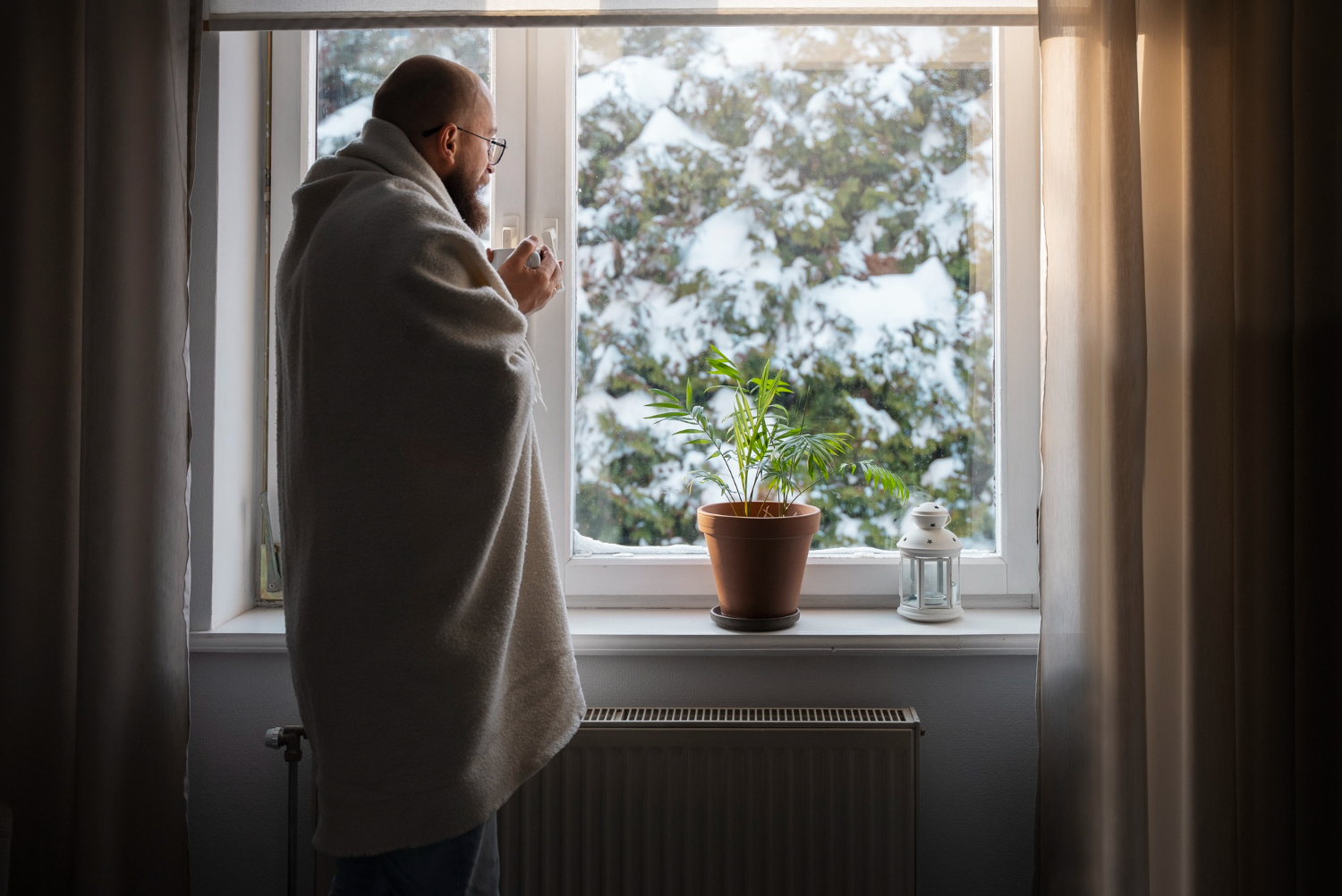How Winter Break Sleep Helps With Myopia Management

At University Optometric Center, we often talk about daylight, screen time, outdoor play, and well-behaved contact lens hygiene. But there is one humble teammate in the grand quest of myopia management that doesn’t get nearly enough applause: sleep. Yes—good old-fashioned, pillow-embracing, blanket-cocooning sleep. And winter break, with its softer schedules and slower mornings, just happens to be its most magical stage.
The Seasonal Slowdown: A Gift to Growing Eyes
During the school year, children’s sleep routines can resemble a circus tightrope act—pre-dawn alarms, extracurricular marathons, evening homework sprints, and a few rogue TikTok scrolls for good measure. Winter break, however, pushes the pause button on this blur of activity. Suddenly, mornings appear less offended if we take our time rising, and evenings gently encourage earlier bedtimes.
For kids undergoing myopia control—whether with orthokeratology (Ortho-K), multifocal lenses, or low-dose atropine—this seasonal shift can support the very biology that determines how their eyes grow and focus.
Why Sleep Matters for Myopia
Myopia progression is influenced by a beautifully complex orchestra of genetic, environmental, and physiological factors—one of which is the circadian rhythm, the body’s 24-hour internal clock. Quality sleep helps regulate this clock, and in turn, influences:
Ocular growth cycles, which fluctuate day and night
Melatonin production, linked to retinal signaling
Accommodation balance, helping the eyes relax properly
Systemic stress levels, a known contributor to dysfunctional focusing habits
Simply put, when children sleep well, their bodies—including their eyes—operate more harmoniously.
The Winter Break Advantage
Winter break offers something rare: sleep consistency. No rushing, no cramming, no “five more minutes, please.” With regular bedtimes and generous sleep duration, kids can reset their circadian rhythms in a way that benefits not only their mood and immune system but also their myopia management outcomes.
Parents often notice that Ortho-K lens wear is smoother during vacation weeks. With longer sleep, lenses have more uninterrupted hours to gently mold the cornea overnight, improving daytime clarity. Similarly, screen time often becomes more balanced—especially when replaced by holiday crafts, sledding, or cozy board games—which reduces near-work strain.
How to Make the Most of It
To truly harness winter break’s sleep magic, consider:
Setting (and keeping) consistent bedtimes, even on weekends
Encouraging device-free wind-down routines
Keeping bedrooms dim and cool for melatonin-friendly slumber
Allowing natural morning light exposure, which helps regulate circadian rhythms
Ensuring Ortho-K wear is uninterrupted, with proper lens cleaning and full sleep cycles
These simple habits create a restorative rhythm that supports both vision and overall well-being.
A Cozy Conclusion
Winter break may be short, but its sleep-filled nights can offer long-lasting benefits for children managing myopia. Consider it a seasonal “reset button” for growing eyes—a chance to recalibrate, recover, and greet the new year with clearer, happier vision.
At University Optometric Center, we’ll always champion the science, the lenses, and the lifestyle strategies… but we’ll also never underestimate the power of a good night’s sleep wrapped in a warm winter blanket.










